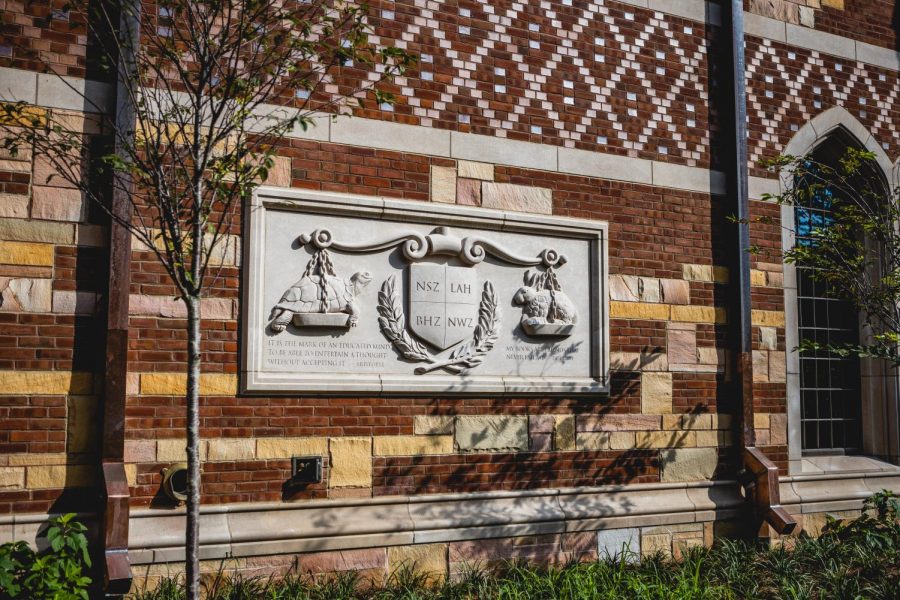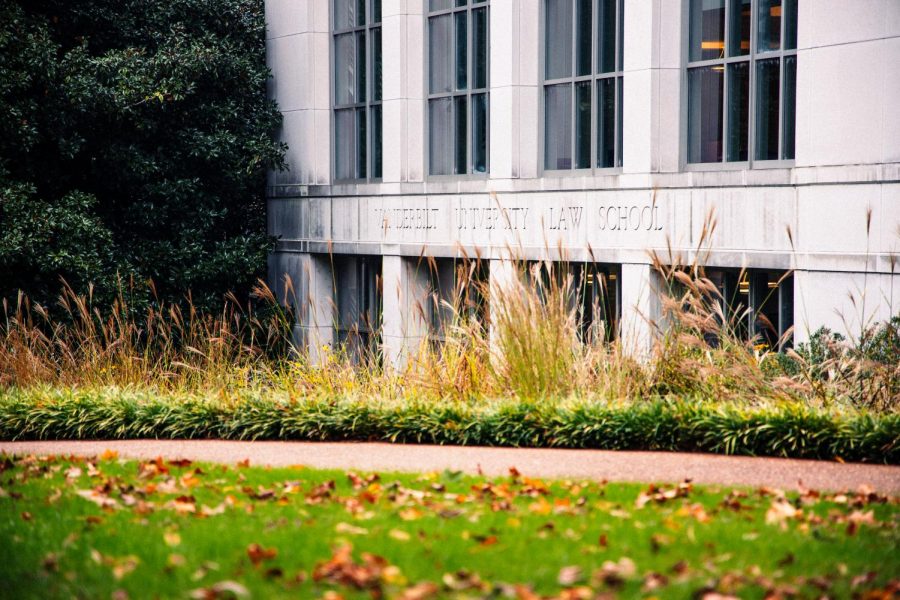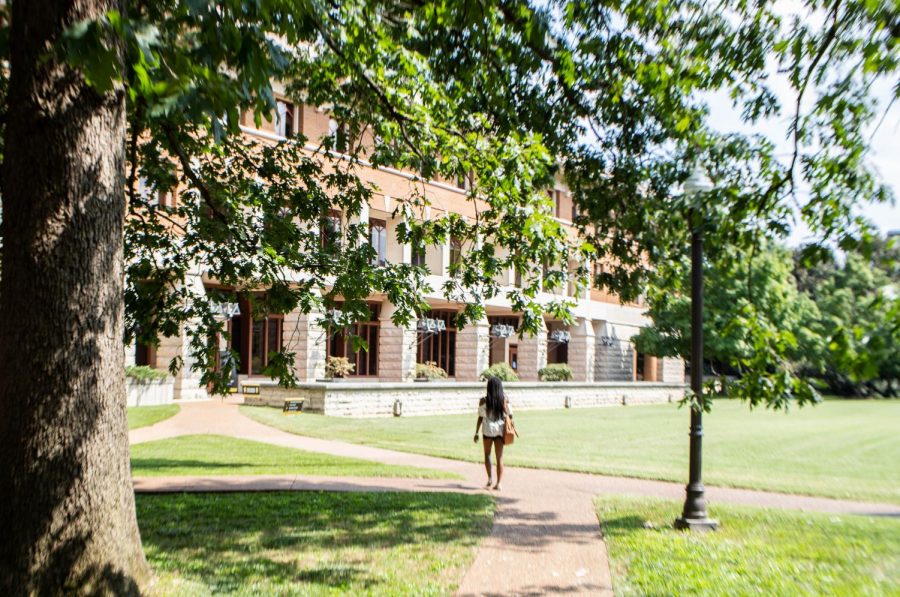Vanderbilt Student Government (VSG) will work with faculty across five departments to launch a pilot test bank program next month.
The Academic Affairs Committee, chaired by seniors Puja Jagasia and Margaret Hood, has worked with introductory Chemistry, Biological Sciences, Physics, Economics and Mathematics faculty to create the Vanderbilt University Learning Exchange. Jagasia said that they elected these courses because they wanted to select both popular and test-heavy undergraduate courses.
In the works since 2018, the Learning Exchange will initially contain course materials for introductory courses throughout the departments listed above. Jagasia stated that the timeline was slowed due to faculty concerns over intellectual property rights. To combat this, the VU Learning Exchange can only have material uploaded by professors.
“Since each professor is in charge of uploading their own materials, once they upload it, they’re saying any member of the Vanderbilt student population can use this material,” Jagasia said. “If you’re a Vanderbilt student using any material in the test bank, there’s no Honor Code violation [being committed] because a professor has uploaded all of that.”
Jagasia also said that Learning Exchange is independent from the conversations about test banks occurring within the Abolish Greek Life (AGL) movement as this project began years earlier.
Katherine Friedman, a professor of Biology, expressed gratitude towards VSG and the administration for developing a solution to the longstanding issue of effectively sharing past materials with her students. Friedman added that although she will have to alter the way she assesses her students this year’s previous exams will still be useful to her students in terms of the knowledge and understanding she emphasizes while perhaps not reflecting question style.
“I hope that the Test Bank will offer students additional opportunities to practice the skills taught in the classroom, aiding not only exam performance, but overall learning and retention as well,” Friedman said in the email.
Vice Provost for Faculty Affairs Tracey George has worked with the Academic Affairs Committee since Fall 2019 and said that she helped facilitate honest and open conversations about ensuring that the Learning Exchange remained self-sustaining and reliable. George added that faculty were open to the idea. She said that she saw value in students having access to course materials to make more informed decisions about which classes to take, as well as allowing students currently in the class to better understand a professor’s methods and content emphasis.
“Used well, they make learning better,” George said. “It’s a tool in the arsenal of a faculty member, and what we’re really trying to do is facilitate that.”
George said that no other institution had a centralized learning exchange such as this one. Furthermore, she had originally expressed hope in launching the system before the start of classes on Aug. 24. However, the Brightspace team at the Center for Teaching was delayed due to having four times the normal volume of Brightspace requests than in a typical summer, per George. George further said that professors were primarily focused on adjusting to online and hybrid class models for the coming semester.
Jagasia said that the Academic Affairs Committee will next be collecting a representative list of resources that other organizations on campus have access to so that professors can see that some students have access to material that others do not.
“We’re hoping that that would help a lot with the growth of the test bank, showing professors what’s out there and giving them that extra reason to upload their own materials so that we can grow the bank as quickly as possible,” Hood added.
Jagasia and George each expressed hope in developing a feedback component to the Exchange. For Jagasia, the component would help both VSG and professors know what would be most helpful for the student body. Going forward, George said that she wanted to make sure the Learning Exchange is truly self-sustaining.
“It requires steady work,” George said. “Until it’s actually well-established, there’s always a chance it’ll fade away.”






